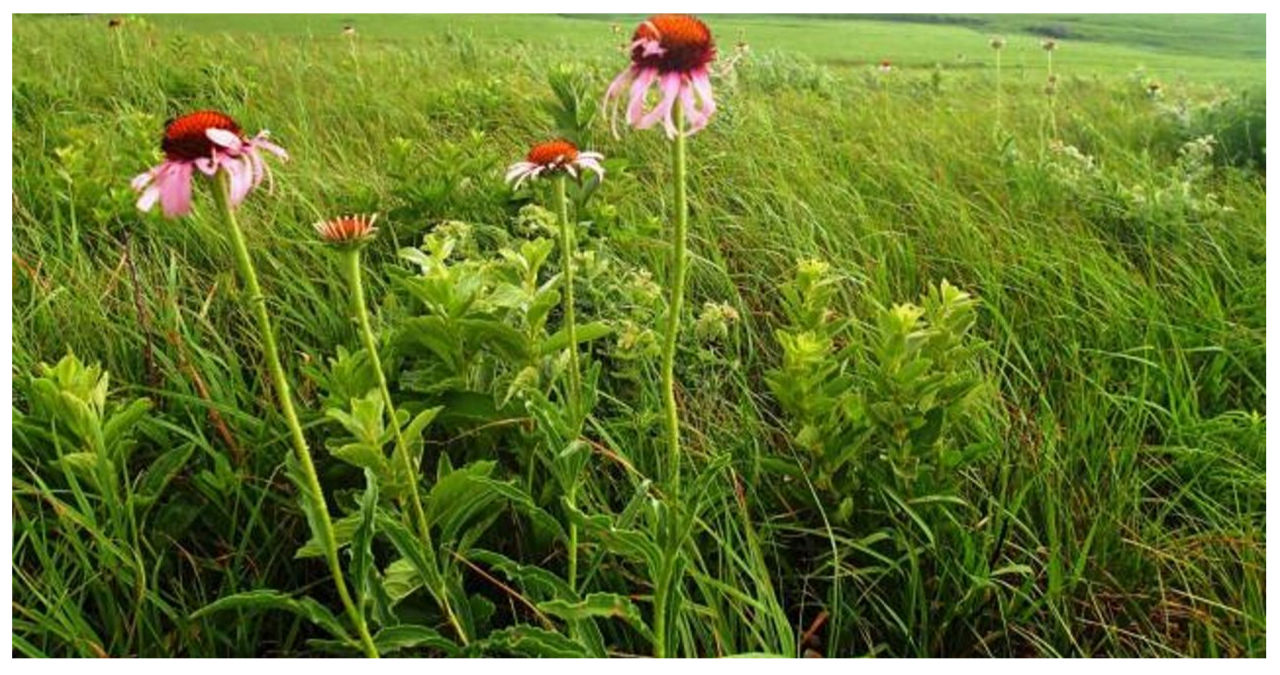Trees play a critical role in preserving our planet, as any environmentalist would tell you.
However, this is not the case everywhere.
Forests are nature’s remedy for an industrialized atmosphere overwhelmed by excessive greenhouse gases. They have the remarkable ability to extract carbon dioxide from the air and store it, providing a much-needed solution to combat the challenges posed by our carbon-heavy environment.
New research has shed light on the fact that using trees as a solution to combat global warming may have unintended consequences in certain regions of the United States and Canada, particularly in the Great Plains.
According to Susan Cook-Patton, a senior forest restoration scientist at The Nature Conservancy, trees have their benefits, but they are not universally beneficial worldwide.
When trees cover the ground, they create a shaded area. This shaded area prevents the reflection of sunlight and the dissipation of heat into outer space. Instead, the heat is absorbed by the ground. This phenomenon is particularly significant in certain regions, where the heat absorption by trees outweighs their potential for carbon storage.
Many grasslands face this issue, where the dense and dark juniper trees that extend westward through the center of the country end up reducing the landscape’s reflectivity more than the carbon absorption benefits they provide.
The urgency surrounding grassland conservation efforts has intensified. The once vast prairies are now being overtaken by the rapid and widespread growth of woody plants, posing a threat to the livelihoods of ranchers, exacerbating wildfires, and eliminating crucial habitat for grassland wildlife.
The phenomenon devouring rangeland from Texas up into the Dakotas has been coined the “Green Glacier” by scientists in Oklahoma. It is a result of human-induced changes to the environment.
Why won’t adding more trees help cool off the Great Plains?
According to Cook-Patton, it feels like standing in the sun on a scorching summer day wearing a white T-shirt instead of a black one. The heat is more intense when you wear darker clothes.
When sunlight reflects back into space, it is referred to as albedo.
In certain regions, trees have the ability to contribute to global warming instead of mitigating it. This occurs when trees reduce the reflectivity of the ground to a significant extent, without capturing enough carbon to compensate for this issue.
In certain areas where trees store a significant amount of carbon and do not significantly alter the amount of reflected light, they play a crucial role in cooling the planet. These regions are typically not highly reflective to begin with.
According to Cook-Patton, our research indicates that the addition of trees to Kansas grasslands does not offer significant climate mitigation benefits.
Adding trees to certain areas of eastern Kansas can create a cooling effect. However, it is important to note that the trees alter the surface color significantly, which can diminish the benefits of carbon storage to a great extent.
Adding trees in the drier western half of the state contributes to a warming effect on the climate.
The impact of trees is influenced by various factors, such as the color of the soil, the patterns of rainfall and snowfall, the types of trees that grow in a particular area, and the transparency of the atmosphere, which can vary across different regions.
Rebuilding forests in areas where they historically existed, such as the Pacific Northwest and many eastern states, has proven to be a beneficial undertaking. However, it is important to note that introducing forests in regions that were historically prairies may not be advantageous.
Adding trees to temperate grasslands, savannas, and shrublands globally has been found to have a negative impact on the climate, according to the authors.
A tool was developed to assist decision-makers worldwide in comprehending the carbon impact as well as the albedo impact, ensuring a comprehensive understanding of both aspects.
Restoring forests proves to be a worthwhile endeavor, as it yields visible results.
The authors aim to assist agencies operating on large geographic scales, such as country or state governments, in refining their reforestation initiatives.
In addition, this technology could also enable carbon storage project planners to make more precise calculations regarding the climate benefits associated with specific tree-planting initiatives.
Are there other benefits to trees, including in cities?
Deciding where to plant trees in urban areas is a complex task.
Cities recognize the multitude of benefits that trees provide to their residents, which align with the findings of the albedo study. These benefits include enhancing air quality and providing much-needed shade to alleviate the scorching summer heat.
Actions to combat climate change and actions to adapt to a warming world are not always aligned, according to the authors of the study published in the journal Nature Communications.
According to Chris Williams, a geography professor and director of environmental sciences at Clark University in Massachusetts, trees have the ability to cool down local areas. However, on a global scale, they can still contribute to the overall warming of the planet.
Cities are actively working to increase the number of trees in urban areas to combat the heat generated by pavement and to filter air pollution. These efforts not only enhance the overall well-being of residents but also contribute to improving the quality of life in local communities.
In addition to their aesthetic value, trees play a crucial role in improving water quality, preventing erosion, and providing nourishment for wildlife.
Decision makers in regions where trees have a negative impact on the climate must take into account various factors when determining whether or not to plant them.



